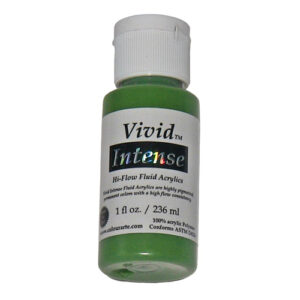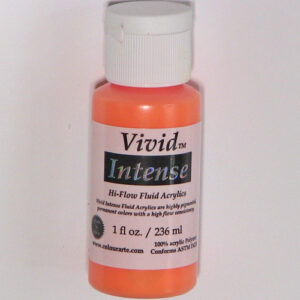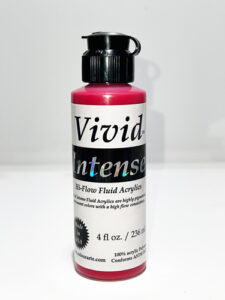need help?
Please Limit Calls to:
Monday through Friday
7 AM-4 PM PST.
Primary Elements Arte Pigments & Opaque VS Translucent color
Ask Us Questions! We Would love to Answer Them!
Translucent (transparent or “see-through”) paint allows more light to pass through them, refracting the color.
Opaque paints are more reflective (not to be confused with “shiny”). They sit on a surface, preventing light from passing through them. The opacity of a paint color is determined by how it interacts with a light source.
Whether a color is opaque or transparent, it is of greatest importance to painters who work with glazes to build up color, rather than mixing on a palette. Some acrylic paint manufacturers such as Golden, make it easy to judge how opaque or transparent a color is by having a swatch of the color painted on their label.
Alizaron Crimson, Burnt Sienna, Dioxazine Blue, Permanent Crimson, Permanent Rose, Prussian Blue, Phthalo Blue, Raw Sienna, Sap Green, Terre Verte, Ultramarine Blue, and Viridian Green.
Mica is one of the most important mineral ingredients used in cosmetics and is now widely used by artists to add shimmer and sparkle to paints and other artworks.
Bronze, Copper, Gold, and White coated micas are opaque and more reflective. Iron Oxide will sit on a surface and reflect like a mirror. Light cannot pass through.
Also known as Interference paint, it is coated with Titanium Dioxide and is translucent by nature. It allows 90% of light to pass through it, creating brilliant light refraction and a strong shift in color. The term interference means that the dominant paint color changes with the light when viewed from different angles. For example, if you rub a little Interference Blue on the back of your hand the mica shifts the light to blue before you see the color of your skin beneath it.
Commonly known as soap-making mica or cosmetic grade mica, the color coating is adhered to the flake with a wax derivative and does not dissolve, its most common use is making bath bombs and hand-made soap. This does not mean this type of mica can be used as eye-shadow unless the manufacture specifically states you can. Many artists add acrylic ink as a substitute for the lack of actual color. The “color coating” is not enough on its own to achieve the true color balance required to make paints. Eye Candy, Arteza, Black Diamond, Pearl EX, & Woodes Goodies are just a few who offer color-coated micas in their lineup, along with Interference and Iron Oxide micas.
ColourArte created this dry-paint art pigment system by milling and binding dry translucent aqueous color, micas, and other minerals. Our signature blends of brilliant translucent color bases, intensified by sparkling mica light refraction, is what separates Primary Element Arte Pigments from other simple Titanium mica powders.
Primary Elements dry paint Arte-pigment is part ONE of a two-part paint system.
Part TWO is left to the user to decide and the application in which they want to use it.
**Liquid Measurements (1) Tsp = 5 ml / (2) tsp= 10 ml ( heaping tsp 15ml) / Tablespoon =15 ml-20ml
**Dry Measurement- 1/8 tsp = .615 grams / 1/4 tsp-1.23 grams / 1/2 Tsp- 2.46 grams / 1 tsp= 5 grams
**Scoops we ship with our color (1) Small plastic scoop ( leveled) =1/8 tsp / Heaping scoop 1/4 tsp
ColourArte Bloom Base including varnish is great for creating blooms, swipes or just painting with a paintbrush
ColourArte Heavy Body base paint allows painting on canvas, glass, metal, paper, and wood. Thin slightly with Golden GAC 800 or Liquitex Pouring Medium.
Basic mixing recipe: Mix ¼ – ½ tsp. Primary Elements with 2 tsp. Vivid Enamel, a dash of Pouring Medium, and a few drops of water until desired consistency is achieved.
ColourArte Bind and Resist
Basic mixing recipe: Mix
equal parts Gum Arabic and Bind and Resist with water, a little at a time until it forms a creamy paste. Allow drying into a hand-mixed watercolor cake.
Use Liquitex and Golden Glazing Medium to create stunning translucent glazes that shimmer.
Basic mixing recipe: Mix ¼ – ½ tsp. Primary Elements with 2 tsp. Glazing Medium.
Use Golden, Liquitex, Polycrylic, or Jo Sonja Vallejo to create a varnished based glaze.
Basic mixing recipe: Mix ¼ – ½ tsp. Primary Elements with 2 tsp. varnish as listed above.
Use Liquitex or Golden Extra Heavy Gel Medium to create a heavy body impasto paint that can be used with a pallet knife
Basic mixing recipe: Mix ¼ – ½ tsp. Primary Elements with 2 tsp. Extra Heavy Gel Medium.
-
 $7.99Rated 0 out of 5
$7.99Rated 0 out of 5Olive Leaf: Clean Sap Green with touch of olive
-
 $8.75Rated 0 out of 5
$8.75Rated 0 out of 5Fluorescent Yellow Orange Colors Fluorescent Yellow, Green, Blue, Red, Blue-green, Coral,...
-
 $26.40Rated 0 out of 5
$26.40Rated 0 out of 5Alizarin Rose is a vivid cool red with high tinting...

